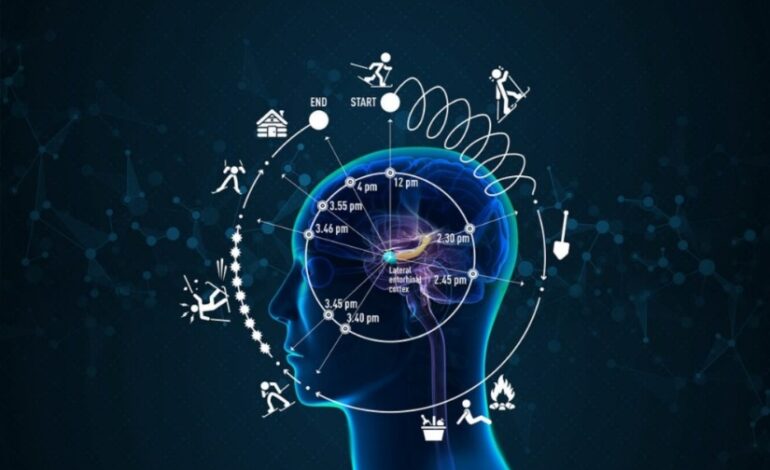
Avellon Williams
TRINIDAD AND TOBAGO- Researchers revealed on Monday they had mapped the brain network linked to addiction by studying long-time smokers who abruptly quit after suffering brain lesions.
It is hoped that the research will provide a target for future treatments to work towards in the fight against addiction to a range of substances.
Researchers studied 129 smokers with brain lesions who were daily smokers to find out where addiction lives in the brain.

While more than half kept on smoking as normal after getting the lesion, a quarter immediately quit without any problem — even reporting an “absence of craving“, according to a new study in the journal Nature Medicine.
Even though the lesions of those who stopped smoking weren’t located in one specific part of the brain, they mapped them to several areas – called the “addiction remission network“.
According to their research, a lesion that would cause someone to give up an addiction would probably affect parts of the brain like the dorsal cingulate, lateral prefrontal cortex, and insula – but not the medial prefrontal cortex.

There has been previous research showing that lesions to the insula relieve addiction. However, it did not account for other parts of the brain identified in the new study.
The researchers studied 186 lesion patients who had completed an alcohol risk assessment to confirm their findings.
In the study researchers found that lesions in the patients’ addiction remission network also reduced the risk of alcoholism, “suggesting a shared network for addiction across these substances of abuse”, the study said.
According to Juho Joutsa, a neurologist at the Finland’s University of Turku and the study’s author, “the identified network provides a testable target for treatment”.

“Some of the hubs of the network were located in the cortex, which could be targeted even with non-invasive neuromodulation techniques,” he added.
A variety of conditions may be treated by neuromodulation, which stimulates nerves.
A device for transcranial magnetic stimulation (TMS) has been approved by the US Food and Drug Administration for treating obsessive-compulsive disorder (OCD).
This treatment already targets many of the brain areas involved in addiction remission identified in Monday’s study.
Joutsa expressed his hope that his research would contribute to a TMS coil targeting addiction.
“However, we still need to figure out what is the best way to modulate this network and conduct carefully designed, randomised, controlled trials to test if targeting the network is clinically beneficial,” he added.




